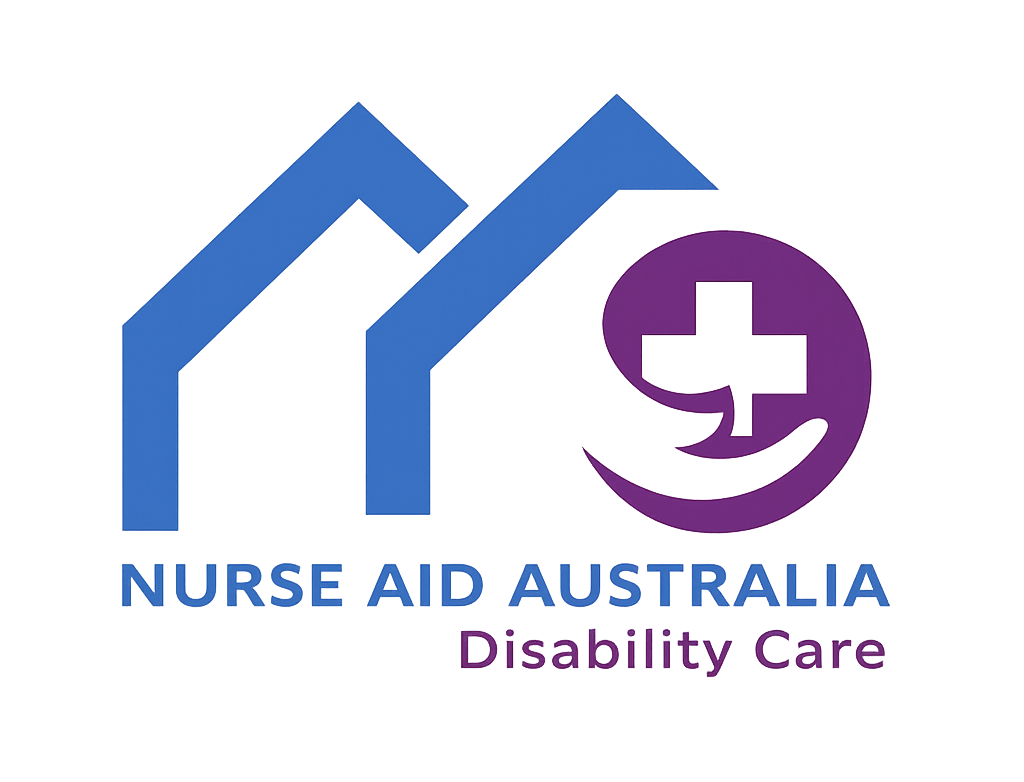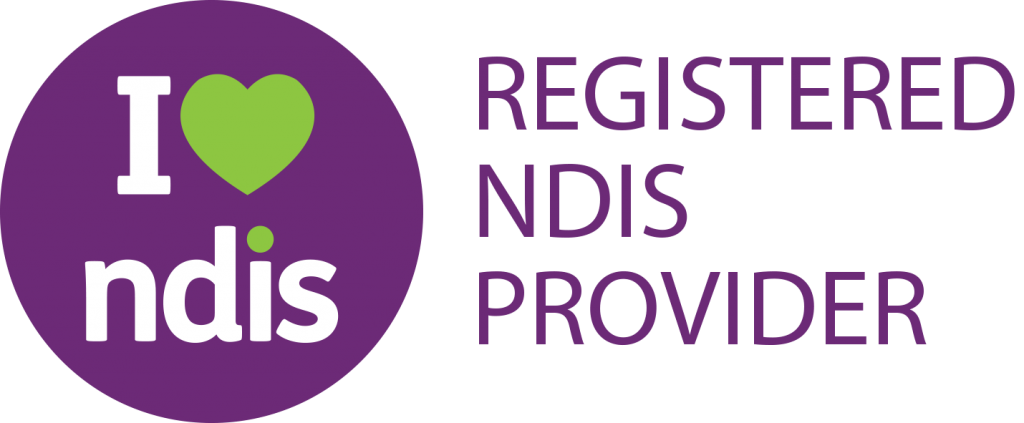Know About NDIS Capacity Building Support
Introduction
NDIS capacity building support helps participants develop skills and independence to achieve their plan goals. These supports focus on building long-term capabilities rather than providing ongoing assistance. Understanding capacity building supports enables NDIS participants to maximize their funding and work toward greater independence.
What is NDIS Capacity Building Support?
NDIS capacity building support is one of three funding categories within the National Disability Insurance Scheme. This funding type helps participants develop skills, independence, and capabilities to participate more fully in community activities. Capacity building supports are designed to create lasting change by building participant abilities rather than providing temporary assistance.
The NDIS allocates capacity building funding based on individual plan goals and disability-related needs. Participants receive funding across nine specific categories, each targeting different areas of skill development and independence building.
Key Characteristics
Goal-Oriented Funding: Capacity building supports directly link to participant plan goals. The NDIA approves funding based on how supports will help achieve specific outcomes outlined in individual plans.
Skill Development Focus: These supports build participant capabilities rather than provide ongoing daily assistance. The emphasis is on developing skills that participants can use independently.
Category-Specific Allocation: Funding allocated to one capacity building category cannot be moved to another category. Each category has specific purposes and allowable expenditures.
Evidence-Based Approval: Participants must demonstrate how requested supports meet reasonable and necessary criteria and align with their disability-related needs.
How It Differs from Core Supports
Core supports provide ongoing assistance with daily activities and immediate disability-related needs. Core funding offers flexibility across all four categories within the core support budget.
Capacity building supports focus on developing skills and independence for long-term outcomes. Unlike core supports, capacity building funding cannot be transferred between categories. Each capacity building category must be used for its specific purpose.
Core supports help with current needs, while capacity building supports prepare participants for future independence. Both support types work together to provide comprehensive NDIS assistance.
The 9 NDIS Capacity Building Support Categories

Support Coordination
Support coordination helps participants understand their NDIS plan and connect with appropriate service providers. Support coordinators assist with plan implementation, provider sourcing, and crisis planning.
This category receives fixed funding based on participant complexity and support needs. The NDIA determines reasonable and necessary support coordination hours based on individual circumstances.
Support coordinators help participants navigate the NDIS system, understand their funding categories, and connect with providers who can deliver required supports. They also assist with plan reviews and reassessment requests.
Improved Living Arrangements
Improved living arrangements support helps participants find and maintain appropriate housing. This category covers assistance with rental applications, tenancy obligations, and housing transitions.
Participants can use this funding for support workers who help with property searches, lease negotiations, and understanding tenancy agreements. The support focuses on developing skills needed to maintain stable housing.
Examples include assistance with rental applications, understanding tenancy contracts, and developing relationships with real estate agents and landlords. This support builds participant capacity to manage housing independently.
Increased Social and Community Participation
This category helps participants develop skills for community engagement and social participation. Funding covers activities that build social skills and community connections.
Participants can access sports coaching, community programs, recreational activities, and social skills development workshops. Activity-based transport funding is also available within this category.
The support focuses on building confidence in social situations and developing skills needed for community participation. Examples include joining clubs, participating in community events, and developing friendships.
Finding and Keeping a Job
Employment-related capacity building supports help participants develop work skills and find sustainable employment. This category covers job search assistance, workplace support, and employment skill development.
Participants can access CV writing assistance, interview preparation, workplace support workers, and employment mentors. School Leaver Employment Supports (SLES) help young people transition from education to employment.
The funding focuses on building skills needed for successful employment outcomes. Support workers can assist at workplaces during initial employment periods to help participants establish routines and relationships.
Improved Relationships
Improved relationships support helps participants with complex behavioral needs develop positive social interactions. This category targets participants who need assistance managing challenging behaviors and building social connections.
Funding covers behavioral therapy, behavior management plans, communication skills training, and social skills development. The support helps participants participate effectively in social situations, work environments, and community activities.
Examples include learning to read social cues, developing conversation skills, and managing emotions in social contexts. The focus is on building lasting relationship skills rather than providing ongoing behavioral support.
Improved Health and Wellbeing
This category enhances participant functional capacity through health-focused activities and therapeutic interventions. Funding covers exercise physiology, nutritionist consultations, and therapeutic sports programs.
Participants can access personal training services, dietary advice, and specialized health programs that address disability-related health needs. The support must directly relate to managing disability impacts on health and wellbeing.
Important limitations exist within this category. Funding does not cover gym memberships, general fitness activities, or health services not directly related to disability management.
Improved Learning
Improved learning supports help participants transition from school to further education or develop new skills for employment. This category covers educational support, study skills development, and learning assistance.
Participants can access help with TAFE applications, university enrollment, study skills training, and educational support workers. The support focuses on building skills needed for successful educational outcomes.
Funding covers direct learning support rather than educational costs like tuition fees or textbooks. Support workers can accompany participants to classes and help with study group participation.
Improved Life Choices
This category empowers participants to make informed decisions about their NDIS supports and lifestyle choices. Funding primarily covers plan management services and decision-making support.
Plan management allows participants more choice and control over their NDIS funding without the administrative burden of self-management. Plan managers handle invoice payments, budget tracking, and provider payments.
Participants can access both registered and non-registered providers when using plan management services. This category increases flexibility in provider choice and support options.
Improved Daily Living
Improved daily living supports help participants develop independence in everyday activities. This category covers occupational therapy, speech therapy, physiotherapy, and daily living skills training.
Participants can access public transport training, cooking skills development, budgeting assistance, and decision-making support. The support can be delivered individually or in group settings.
Examples include learning to use public transport independently, developing morning routines, budgeting skills, and household management. The focus is on building skills for independent daily living.
How to Access and Use Your Capacity Building Support
Checking Your Current Funding
Participants can check their capacity building funding through the myplace portal or myNDIS app. These platforms show current budget allocations across all nine capacity building categories.
Plan managers often provide additional portals where participants can monitor their budget usage and remaining funds. Regular budget monitoring helps participants track their progress and plan future supports.
Understanding which categories are included in your plan helps identify available support options and funding limitations. Not all participants receive funding for all nine categories.
Choosing Providers
Agency-managed participants must use NDIS-registered providers for capacity building support. Plan-managed and self-managed participants have broader provider options.
Provider selection should consider expertise in specific capacity building areas, location accessibility, and alignment with participant goals. Checking provider qualifications and experience ensures quality service delivery.
Plan managers can assist with provider sourcing and initial connections. They maintain provider networks and can recommend specialists for specific capacity building needs.
Maximizing Your Capacity Building Investment
Strategic Planning
Effective capacity building requires strategic planning that aligns supports with long-term goals. Participants should identify priority skill areas and sequence supports to build on previous achievements.
Coordinating multiple capacity building supports creates synergies that accelerate skill development. For example, combining employment support with social skills development enhances workplace success.
Regular progress reviews help participants adjust their capacity building strategy based on outcomes and changing needs. Flexibility in approach maximizes funding effectiveness.
Common Optimization Strategies
Using functional capacity assessments provides evidence for funding increases when participants need change. These assessments demonstrate current skill levels and identify areas requiring additional support.
Combining capacity building supports with core supports creates comprehensive skill development programs. This approach addresses immediate needs while building long-term capabilities.
Timing capacity building activities to coincide with life transitions maximizes their impact. For example, accessing employment support before starting a new job increases success likelihood.
Avoiding Common Mistakes
Understanding category restrictions prevents funding misuse and claim rejections. Participants must ensure supports align with their specific category purposes and plan goals.
Maintaining proper documentation for all capacity building activities ensures claims can be processed successfully. This includes keeping receipts, progress notes, and goal alignment records.
Regular communication with support coordinators and plan managers prevents funding gaps and ensures continuous service delivery. Proactive planning avoids service interruptions.
Working with Nurse Aid Australia
Our Capacity Building Expertise
Nurse Aid Australia provides comprehensive capacity building support across all nine NDIS categories. Our experienced team understands the complex requirements of capacity building funding and helps participants achieve their independence goals.
Our multidisciplinary approach combines healthcare expertise with NDIS knowledge to deliver targeted capacity building interventions. We work closely with participants to develop personalized strategies that build on existing strengths.
Support Coordination Services
Our support coordinators help participants navigate their capacity building options and connect with appropriate providers. We assist with plan implementation, progress monitoring, and plan review preparation.
We provide ongoing support coordination that adapts to changing participant needs and goals. Our coordinators maintain extensive provider networks and can source specialized capacity building services.
Getting Started
Nurse Aid Australia begins with comprehensive assessments that identify participant strengths, goals, and capacity building needs. We develop individualized action plans that maximize funding effectiveness.
Our team coordinates with existing providers to ensure capacity building supports complement other NDIS services. We monitor progress regularly and adjust strategies based on outcomes.
Contact Nurse Aid Australia to discuss your capacity building needs and explore how our services can help you achieve greater independence and community participation.
Frequently Asked Questions
Can I move funding between capacity building categories?
No, capacity building funding is category-specific and cannot be transferred between categories. Each category must be used for its designated purpose.
How do I know which capacity building categories are in my plan?
Check your my place portal, myNDIS app, or contact your plan manager to see your current capacity building allocations.
Can I use capacity building funding for activities not directly related to my disability?
No, all capacity building supports must be reasonable and necessary for your disability-related needs and align with your plan goals.
What happens if I don’t use all my capacity building funding?
Unused capacity building funding typically cannot be rolled over to the next plan period. It’s important to use allocated funding within your plan timeframe.
How often can I request changes to my capacity building supports?
You can request plan reviews at any time, but the NDIA will only approve changes that are reasonable and necessary for achieving your goals.
Understanding NDIS capacity building support empowers participants to make informed decisions about their funding and work toward greater independence. With proper planning and provider support, capacity building funding can create lasting positive changes in participants’ lives.
Ready to Take the Next Step?
At Nurse AID Australia, we’re here to support you in turning your NDIS goals into real-world outcomes. Whether you’re looking to join community activities, improve your social confidence, or access tailored support services—we’re just a click away.
Have questions? Contact our friendly team to discuss how we can help you or your loved ones thrive through the NDIS.




